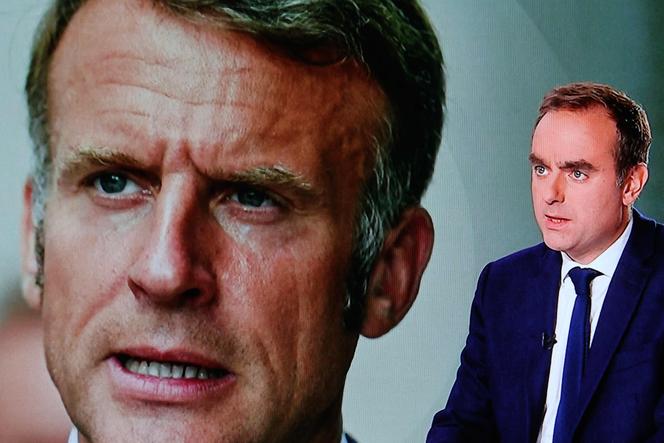


France's newly re-appointed Prime Minister Sébastien Lecornu named a new government on Sunday, October 12, as he faces pressure to urgently produce a budget and quell political turmoil that is scaring businesses and investors and staining the country's image.
The cabinet includes several members who served in previous governments, from French President Emmanuel Macron's centrist camp and allied conservatives, as well as some people from outside the political sphere.
It is unclear how long this new team will last. Macron, whose term ends in 2027, lacks a majority in the deeply fractured Parliament. Opposition legislators have called for new elections or his resignation. Lecornu, a 39-year-old centrist and close ally of Macron, and his government will now have to seek compromises to avoid an immediate vote of no confidence in the Assemblée Nationale, deeply fractured among far-right, centrist and left-wing camps.
Among new appointments is a new defense minister, former labor minister Catherine Vautrin, who will help oversee French military support for Ukraine and address threats to European security posed by Russia.
Paris police chief Laurent Nuñez, who oversaw security for the 2024 Olympics, becomes interior minister, in charge of national security. Roland Lescure will be finance minister, a crucial job as France tries to produce a budget that tackles ballooning debt and growing poverty.
Among those keeping their jobs is Foreign Minister Jean-Noël Barrot, who travels Monday with Macron to Egypt for an international ceremony marking the Gaza ceasefire.
The list of ministers appointed on Sunday evening is below. The names of newcomers are in bold in the text:
Ministers appointed to the government
Laurent Nuñez, minister of the interior
Catherine Vautrin, minister of the armed forces
Jean Pierre Farrandou, minister of labor and solidarity
Monique Barbut, minister of ecological transition
Gérald Darmanin, minister of justice
Roland Lescure, minister of the economy
Serge Papin, minister of small and medium-sized enterprises, trade, crafts, tourism and purchasing power
Annie Genevard, minister of agriculture
Edouard Geffray, minister of national education
Jean-Noël Barrot, minister for Europe and foreign affairs
Rachida Dati, minister for culture
Stéphanie Rist, minister for health, families, autonomy and people with disabilities
Naïma Moutchou, minister for overseas territories
Françoise Gatel, minister for regional planning and decentralization
Amélie de Montchalin, minister for public action and accounts
Philippe Baptiste, minister of higher education, research and space
Marina Ferrari, minister of sports, youth and community life
Philippe Tabarot, minister of transportation
Vincent Jeanbrun, minister of cities and housing
